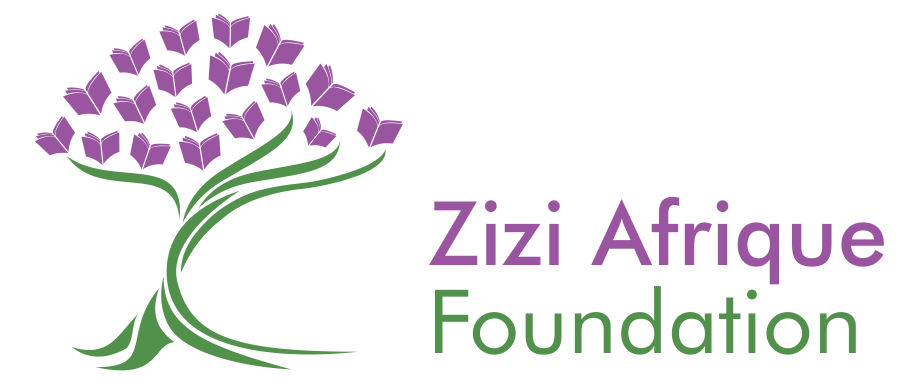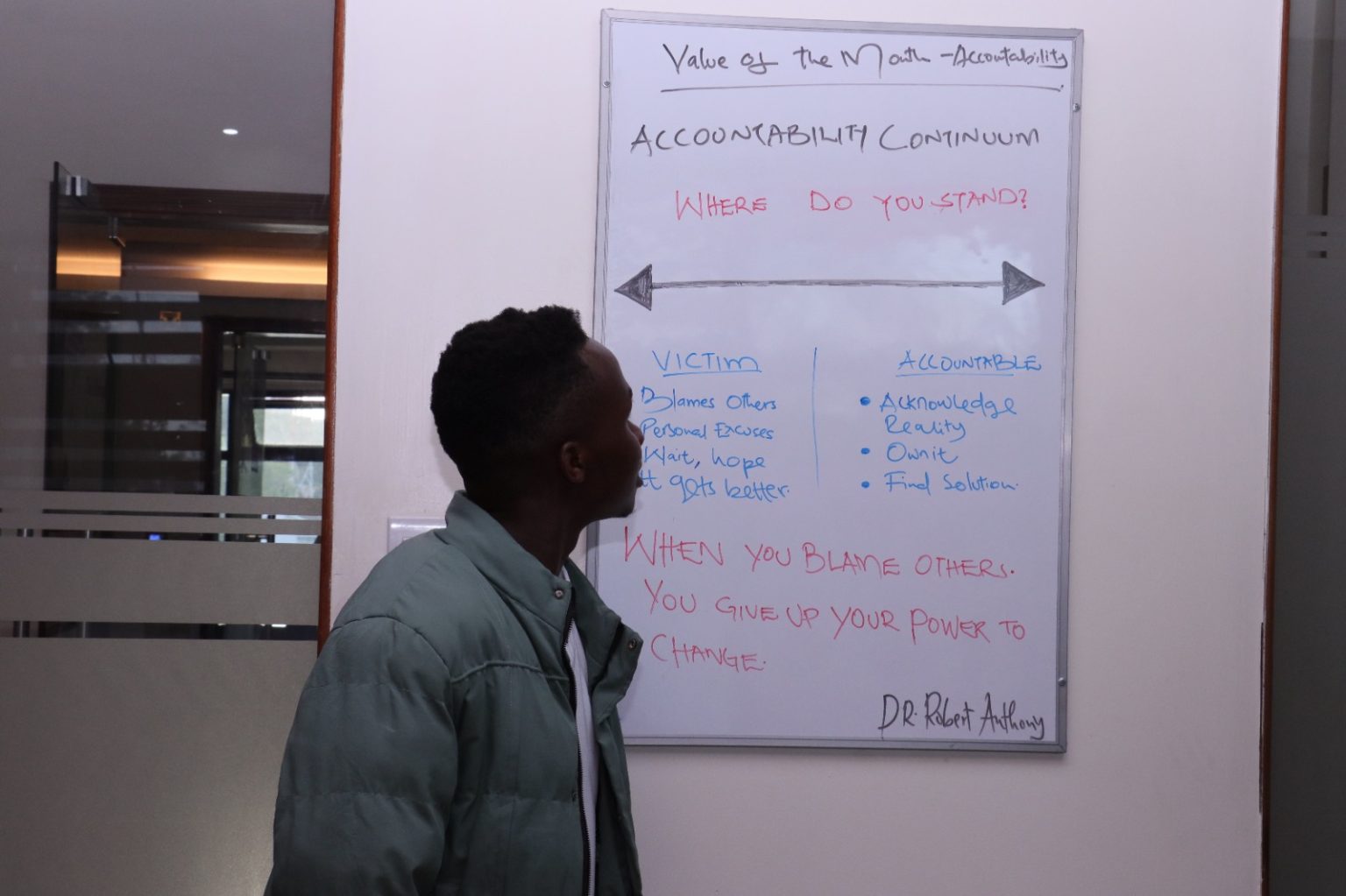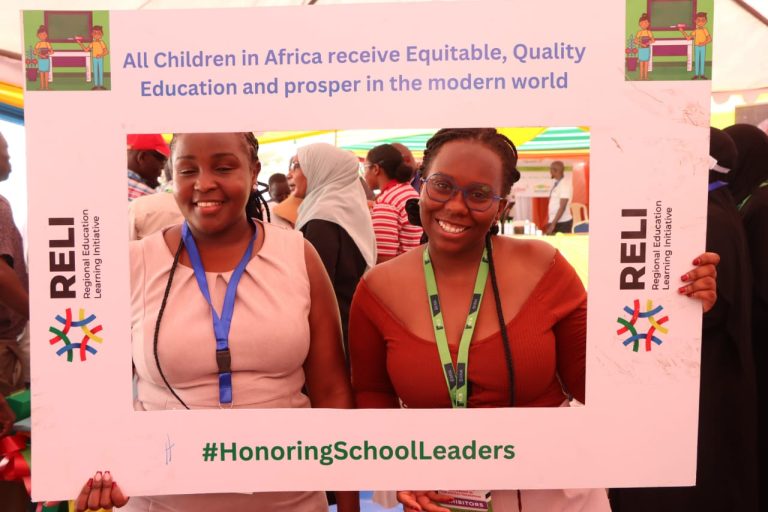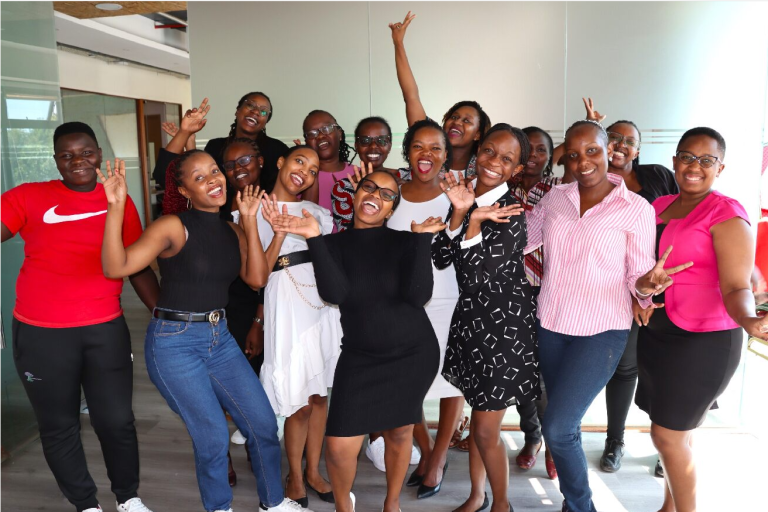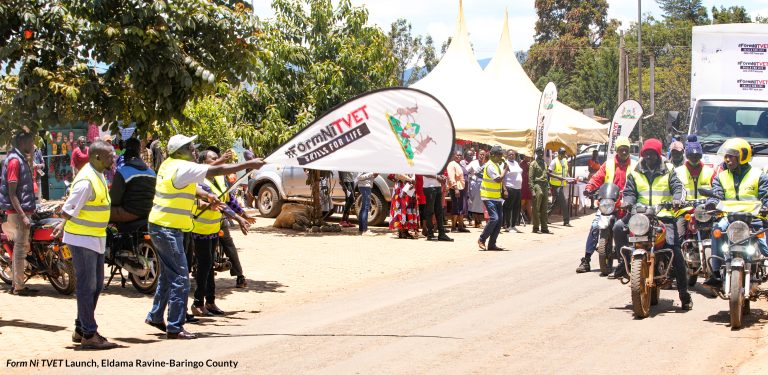Why do we do this? Why do we feel the need to mask our true selves behind a facade of joy? Why do we tell the world we are fine even when we are not? Society teaches us to smile through the pain, to present a picture of happiness even when we are anything but far from it. Behind my smile is a voice that whispers, “Hide your feelings, keep your problems to yourself—no one cares.” It tells me to pretend everything is fine so that I do not make the people around me uncomfortable. That is what I have been hiding behind this beautiful smile. For years, I have worn this smile like armor. To the world, I seemed okay, but inside, I was crumbling. Pain, self-doubt, and a constant battle with self-worth – these were the things I kept locked away behind this smile. Even now, there are moments when it feels safer to let that smile hide the storm within.
Behind my smile is a story. A story of pain, yes, but also of growth, resilience, and a relentless will to push forward. It is a story of finding my voice, discovering my strength, and giving myself the grace to start over, even when I had no idea what the future held. I was born into a lovely family and raised in the dry lowlands of Ukambani, where the earth cracks under the unforgiving sun, and rain is a distant dream. From an early age, I was told that education was our way out—our salvation in a land that offered so little. I clung to that belief with everything I had, working hard, and earning a spot at Meru University in 2020. But when I saw my parents struggling to make ends meet, I knew it was time for me to find a way to support myself. With no other options, I turned to the land around me. I took an axe to the few remaining trees, turning them into charcoal to sell, just so I could get something for my upkeep. But when I got to Meru, the struggles only intensified. Life was far from easy! I had to scrape money for a room. Some days, I had to choose between meals, knowing I could only afford one. There were nights I slept on the cold floor; my bed reserved for dreams of a better tomorrow that seemed so far out of reach.
In my second year, the weight of it all became unbearable. I had to make impossible choices—deciding which classes to attend and which days to work in construction (commonly refefred to as mjengo) just to earn enough to get by. During the holidays, I found myself at Uhuru Park, painting children’s faces to make a few extra shillings. Each day was a battle, but each day I fought, determined not just to survive, but to thrive.
But behind my smile is also a story of change. My third year at Meru brought a shift. I stumbled upon freelancing, and for the first time, I felt like I could breathe. I managed to pay my bills, and with that, a small sense of control over my life returned. As the year ended, an unexpected opportunity came my way—an internship. This was more than just an internship; it was a window into a world I had never known. During this internship I ventured into the slums, heard the stories of children who had been dealt an even harsher hand than I had, and saw their struggles up close. It was in those moments that I realized something profound: I was not just surviving anymore – I was living. And I was not alone. This realization led me to search for a place where my passion could meet purpose, and that search brought me to Zizi Afrique Foundation. By some stroke of luck and God’s Favor, I secured an internship there, and it felt like I had finally found my place in the world. The organization welcomed me with open arms, offering me a new lens through which to view the world. They showed me that even when life throws curveballs, there is always hope and always a way forward. I saw a glimpse of thriving and success aligning with my dreams.
Two weeks later, my father fell ill. The weight of this new issue, alongside the already full plate of my responsibilities, became overwhelming. As the only man in my father’s household, I faced an immense challenge. It made me question everything: Am I as lucky as my name suggests, or should I add ‘un’ to it? Does thriving truly belong to the youth? Does success choose its path? Behind my smile is a story of immense gratitude. Gratitude for Zizi Afrique, for my supervisor, and for the experiences that have shaped me. But there is also a deep sadness—a sadness that comes from knowing I will soon have to leave a place that has become much more than just an internship. It has been a foundation, a home.
As I prepare to leave Zizi Afrique, my heart is heavy with mixed emotions. I am sad to go, but I am also filled with a deep sense of gratitude for the opportunity to have been part of something so meaningful. Here, I found a place where my goals and passion aligned—a world where children and youth learn and thrive. But as I look ahead, I realize that the journey of thriving is not as simple as I once thought. What does it mean to thrive and how is it measured? How do we define success and how is it measured? And how is thriving different from success? Thes are the questions that continue to swirl in my mind, questions I am still trying to answer.
Behind that smile are countless stories of children surviving, but not truly living. Each of us carries a story, yet many hide behind the invisible bars that society’s norms create. These norms can ground us, but they also lead us to wonder, where did that smile come from? From my perspective, success is the achievement of your goals, no matter how small. Those little victories? I see them as success, too. Success is not always grand; sometimes, it is simply the act of moving forward, even when life seems determined to hold you back. To anyone out there feeling lost or struggling, know this: you are not alone. You do not have to conform to society’s expectations of always being “okay.” It is okay not to be okay. Behind that smile is a voice that once told me to hide, but today, that voice tells me to stand tall and be proud of the journey I have travelled on. And I am Lucky!
